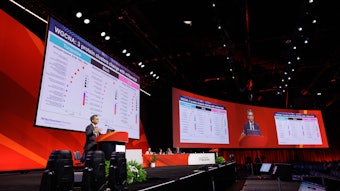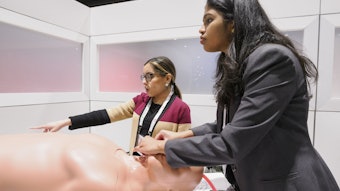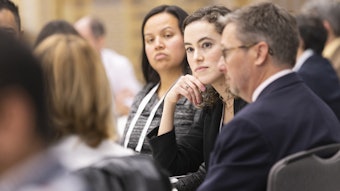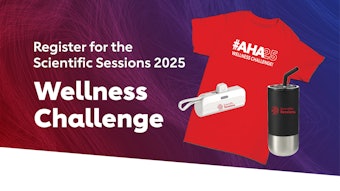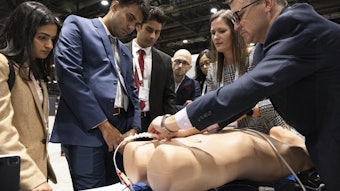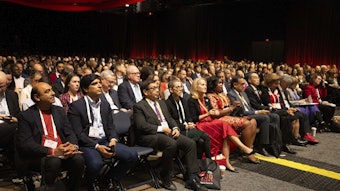Decrypting cryptogenic stroke
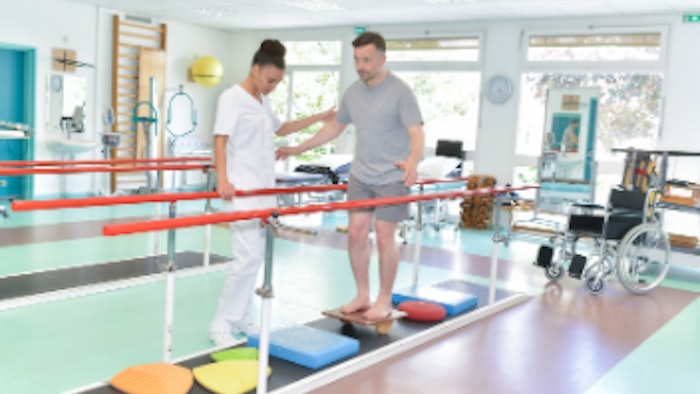
About 1 in 4 ischemic strokes is cryptogenic, which means the cause is unknown after investigation. Your cryptogenic stroke patients have plenty to worry about: They’re overwhelmed, uncertain and looking for answers. COVID-19 may mean you have less direct contact with them.
Despite these challenges, determining the "why" can affect patient outcomes. The ability to more clearly define the etiology of cryptogenic stroke has implications for subsequent treatment and risk for recurrent events. There are a number of potential causes of cryptogenic stroke that require teamwork among health care professionals to diagnose. Cardiac embolism secondary to occult paroxysmal atrial fibrillation may be a common cause of assumed cryptogenic stroke. Additional mechanisms include — but are not limited to — paradoxical embolism secondary to patent foramen ovale or other atrial septal abnormalities, thrombophilia (including hypercoagulable states such as those related to antiphospholipid antibodies or cancer-associated hypercoagulability), non-bacterial endocarditis and preclinical or subclinical cerebrovascular disease.
Most patients with cryptogenic stroke are treated with a combination of antiplatelet therapy and stroke risk factor reduction — treatments that are not highly effective in preventing recurrent strokes of cardioembolic origin. Given this, identifying the etiology, including paroxysmal AF in the post-stroke setting — and instituting appropriate anticoagulant therapy — takes on additional importance.
Collaboration among neurologists, cardiologists and others is the best way to find causes, create targeted treatments and prevent recurrences. The American Stroke Association’s Cryptogenic Stroke Initiative, nationally sponsored by Medtronic, has tools and resources for health care professionals and your cryptogenic stroke patients. Learn more at Stroke.org/CS.
